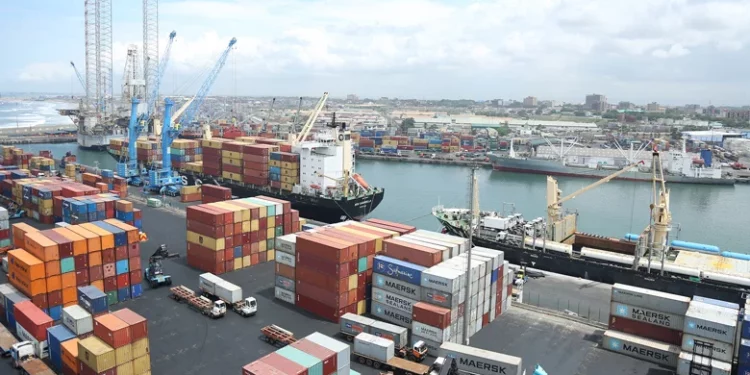Importers Back Mahama’s Directive on Shipping Charges, Predict Decline in Prices of Goods
The Importers and Exporters Association of Ghana has lauded President John Mahama’s directive to subject all shipping line charges to parliamentary approval, describing it as a bold step that could significantly ease inflationary pressures and reduce the cost of doing business at the country’s ports.
According to the Association, the move — if fully implemented — has the potential to bring down prices of goods and services in the coming months by eliminating arbitrary and duplicated charges imposed by shipping lines.
Speaking to Citi Business News, Executive Secretary of the Association, Samson Asaki Awingobit, emphasised that the directive addresses longstanding inefficiencies in Ghana’s import and export regime.
“If the government succeeds by getting Parliament to approve these handling charges, and shipping lines comply strictly with the law, it means the number of duplicated charges will be a thing of the past,” Mr Awingobit noted.
He added that the removal of these charges would ultimately reduce the cost of goods on the market, stating, “This will boost morale and reduce the cost of doing business at the ports and then, of course, largely extend to the consumer, leading to total reduction of cost of goods in the market.”
President Mahama issued the directive on Friday, July 11, 2025, during a meeting with the leadership of the Ghana Institute of Freight Forwarders (GIFF) at the Jubilee House in Accra.
He noted that the objective is to curb unapproved administrative fees often levied in foreign currencies and to ensure greater transparency and fairness in port operations.
Freight forwarders have in recent months raised concerns over what they describe as excessive and unjustified charges, including instances where shipping lines demand administrative fees in US dollars per container, even when multiple containers are covered by a single bill of lading.
The President’s directive is expected to be tabled before Parliament in the coming weeks, with stakeholders optimistic that the reform could usher in a more predictable and investor-friendly port environment.








